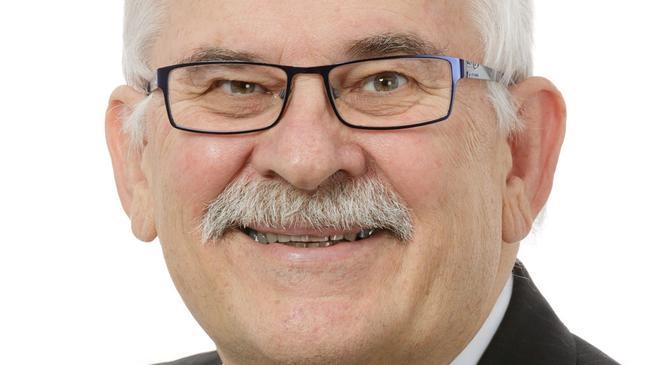‘Wasteful’ hospital spending a $2bn burden on private health
Costs to health insurers could be cut by $2bn a year if ‘wasteful’ spending on long hospital stays and specialist fees were reined in.

Costs to health insurers could be cut by $2bn every year if “wasteful” spending on long hospital stays and high specialist fees were reined in, reducing premiums paid by consumers by up to 10 per cent.
They are the findings of a report by the Grattan Institute, which recommends an overhaul of the way patients are billed for private hospital costs and doctors’ fees. “Private health insurance will continue its death spiral unless excessive private hospital costs and specialist bills are reined in,” the report says.
Grattan’s health program director, Stephen Duckett, analysed differences in the length of stay by patients in public and private hospitals, and found that for a host of procedures those having operations in the private system spent longer in hospital.
“Private health insurers should be placing pressure on private hospitals to reduce their length of stay to bring it more into line with the public hospital length of stay,” the report says. “If private hospitals could be made more efficient, premium increases could slow, and more people might be attracted into private health insurance.”
Dr Duckett also claims a minority of “greedy doctors” are responsible for a blowout in out-of-pocket costs. More than two-thirds of specialists charge more than the Medicare schedule fee, and 7 per cent of services are charged at more than twice the Medicare schedule.
Those out-of-pocket costs were triggering some people to ditch their health cover. “Australians are coming to realise that by buying health insurance they are potentially increasing their risk of out-of-pocket costs — the very reverse of what happens in every other insurance market,” the report says.
Dr Duckett said up to 15 per cent of the $16.3bn cost of private hospitals was wasteful, with some doctors providing care “that is of no or little value to the patient”.
The Australian Private Hospitals Association criticised the report as being “full of selective analysis”. “There’s a lot of incorrect assumptions,” said the association’s chief executive, Michael Roff. “Some of the data they use is out of date and they also demonstrate ignorance about how the private system currently operates.”
Dr Roff said the vast majority of payments made by private health funds to hospitals were paid on an episodic basis. “It doesn’t matter how long the patient stays, hospitals get the same payment,” he said. “So reducing the length of stay won’t result in any cost savings.”
The report follows a letter sent by federal Health Minister Greg Hunt to private funds demanding they resubmit applications for 2020 premium price rises. The industry has reportedly asked for an average increase of 3.5 per cent.
Insurers are partly blaming the cost of prostheses for putting pressure on premiums, but the Medical Technology Association of Australia has hit back, citing results of a survey it commissioned that showed three-quarters of respondents believed the government should reject premium price increases over 3 per cent.
“Medibank, Bupa and NIB have not paid one extra cent for medical devices in the past two premium years, despite raising premiums twice inflation,” said MTAA CEO Ian Burgess.



